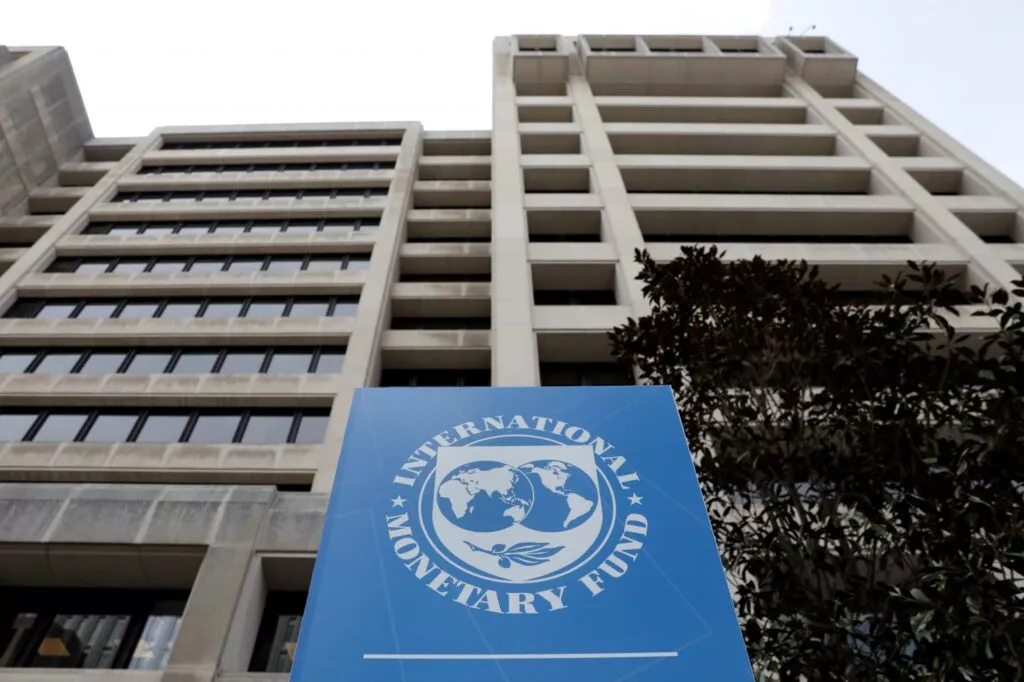
…calls for urgent climate adaptation, fiscal reforms
The International Monetary Fund (IMF) has raised alarm that climate-related shocks could worsen Nigeria’s already fragile economic stability and deepen its debt crisis if not urgently addressed.
In its 2025 Article IV Consultation Report, published on its official website, the Fund warned that extreme weather events pose a direct threat to the country’s growth, fiscal sustainability, and financial sector.
The report stated that rising sea levels, especially in Lagos, Nigeria’s commercial and financial hub, could cause significant damage to critical infrastructure, disrupt agricultural activities, and overstretch government finances.
“Climate events significantly impact Nigeria’s growth outlook, fiscal sustainability, balance of payments, and financial sector, potentially undermining macroeconomic stability,” the IMF said.
It further noted that the increasing frequency of extreme weather events is already taking a toll on economic growth and revenue, while raising the cost of public expenditure on disaster relief, infrastructure repairs, and climate adaptation.
Although Nigeria’s financial sector remains relatively small, the IMF warned that its heavy presence in Lagos exposes it to direct physical and operational risks from flooding and sea-level rise. Such events, it said, could impair asset quality and pose broader risks to financial stability.
According to the report, these climate shocks could combine with sluggish growth and declining tax revenues to put additional pressure on Nigeria’s fiscal position.
The IMF warned that these trends may further widen the country’s fiscal and external financing gaps.
The Fund observed that Nigeria’s public debt rose sharply to 52.3 per cent of Gross Domestic Product (GDP) in 2024, up from 41.5 per cent in 2023. It attributed the rise to increased borrowing needs and a weakening naira.
Similarly, the country spent 4.1 per cent of its GDP on debt servicing in 2024, up from 3.7 per cent in 2023, according to the African Development Bank. The uptick, the AfDB noted, was due to higher interest payments on government securities and fresh borrowings to plug budget deficits.
“Fiscal policy will have to address lower tax revenues from lower growth and higher demands for spending on disaster relief, infrastructure repair, and investments in climate adaptation and mitigation,” the IMF stated.
The report warned that without far-reaching reforms, Nigeria’s debt-to-GDP ratio is expected to continue rising, posing serious risks to the country’s long-term economic prospects.
The Fund called on the Nigerian government to step up its efforts on climate adaptation and ramp up revenue mobilisation through reforms.
It also urged a deliberate push toward economic diversification to reduce dependence on oil revenues, which remain vulnerable to global price shocks.
While recognising recent fiscal reforms, the IMF maintained that they are not enough to safeguard the economy against the looming impacts of climate change.
“The expected rise in sea level would pose significant economic cost for Nigeria, damaging infrastructure in coastal areas such as Lagos. Without a clear strategy to tackle both fiscal instability and climate change, Nigeria risks undermining its long-term economic future,” the report cautioned.
The IMF stressed that integrating climate adaptation into national economic planning would be a vital step, but insisted that only comprehensive reforms in public finance and structural transformation could position the country on a path of resilient growth.